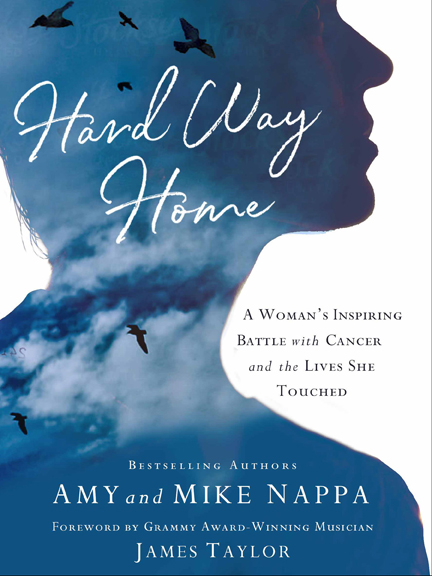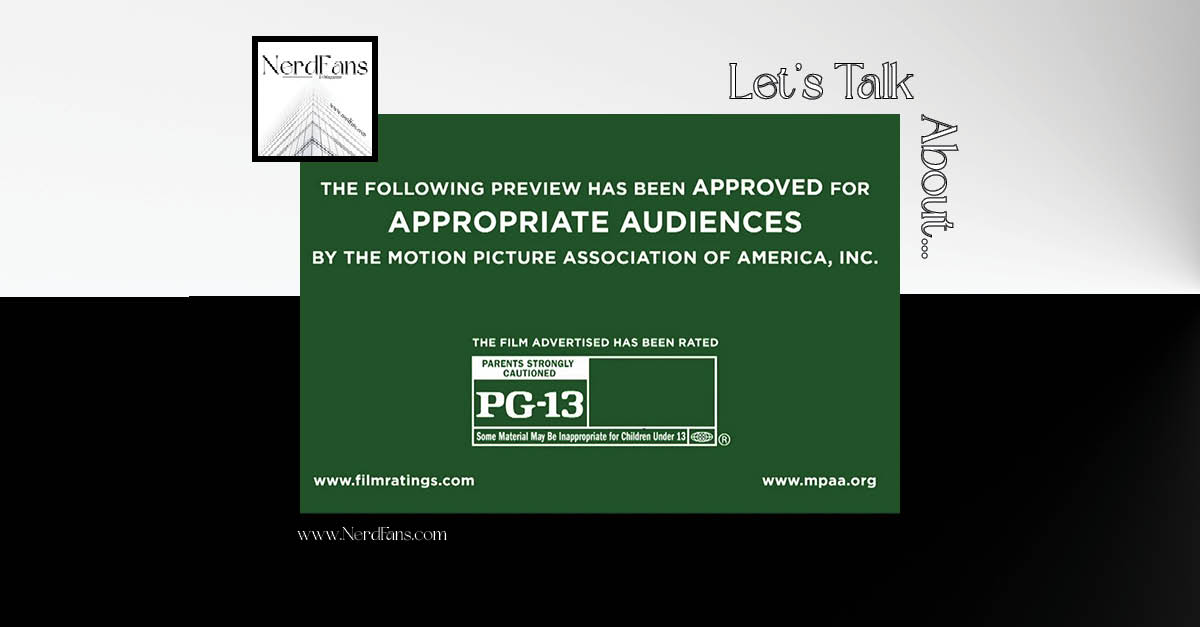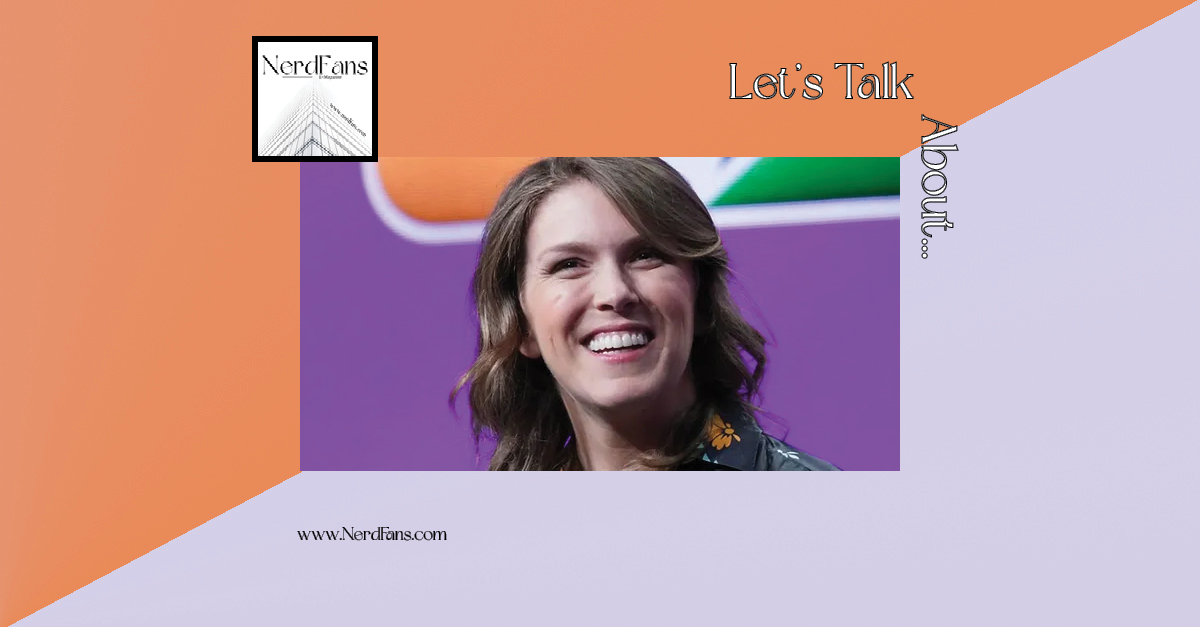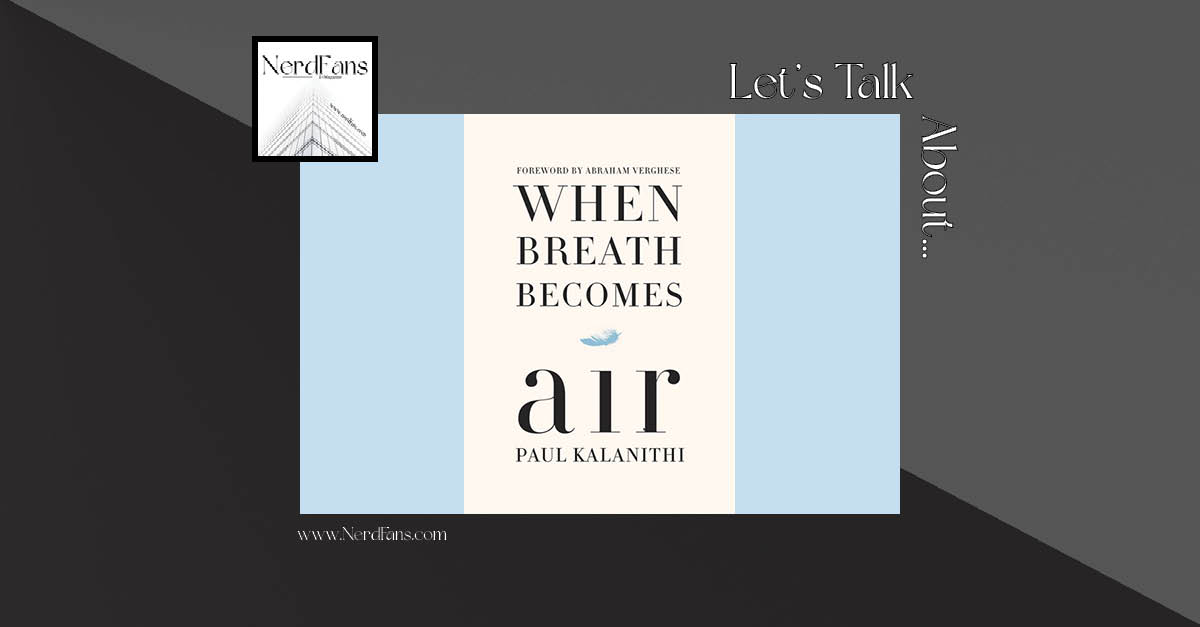A Sales Team reason for rejection
Looking back on it now, I should have just kept my mouth shut. After all, they always say the best negotiators are the ones who speak least, and last.
But what did I know? I was a young whippersnapper, fresh off a string of successes, ready to move and shake and all that other stuff that makes an agent feel more important than he (or she) really is.
I had a new book by a favorite author, and it was superb. Not only was the writing well above average, it fit so well with reader tastes and current trends that I could almost guarantee its success in the marketplace. I felt 25,000 in first year sales would be easily achieved, and (God willing!) it might even exceed those lofty expectations.
Apparently my opinion was shared, at least in part, by others because three different companies expressed initial interest in publishing. The first publisher contacted me to begin negotiations.
“What kind of advance is your author expecting for this book?” was his question.
Looking back on it now, I should have kept my mouth shut. Or, at best, I should have simply said, “What kind of advance fits with your budget?” and then negotiated from there. Instead I fired off an email: “$15,000 advance.”
The publisher quickly thanked me for my time and ended the negotiation. I was able to surmise later that his budget was more in the $5000 range. And honestly, my author would have taken that. I was the one who got greedy.
The good news is that this book did eventually sell to one of the other publishers interested in it (for a $7500 advance). The bad news is that I damaged my relationship with that first publisher by demanding too much too fast. Even though I knew his company would likely do a good job creating and selling that book, I also knew his company could never afford to pay a $15,000 advance for it. Yet I demanded that paycheck anyway.
No surprise that publisher routinely rejects everything I send him now. He probably sees my name on the proposal and thinks, “Can’t afford this guy. No sense wasting his time and mine.”
What You Can Do About It
1. Understand how a royalty advance is calculated.
OK, pay attention, because this can be confusing.
Some people think a royalty advance is a reflection of an author’s reputation, or a sign of respect shown to a writer, or a badge of honor to brag about to others in the industry. It’s not. It’s just an added risk for the publisher that’s carefully calculated based on projected income from the first-year sales of a book. There are variations and nuances to this that I can’t really cover here, but the basics go something like this:
First, the sales department sets an expected retail price for your book, the standard trade (wholesale) discount, and projected unit sales for the first year (the number of books they think they’ll sell). Trade discounts can get a little complicated because publishers also figure the ratio between how many books are expected sell through bookstores and how many will sell directly to the customer. Still, most wholesale discounts run between 40% to 65% off the retail price (depending on the size of bulk orders), so when creating a book’s initial budget, using a discount somewhere in the middle—say 50%—is pretty standard.
Next, to figure your advance, your publisher will predict first-year income by multiplying the retail price by the wholesale discount, and then multiplying that result by the projected first year unit sales. For instance, the equation for a $16.99 book with a 10,000 first-year unit sales projection would look like this: (16.99*.5)*10,000=$84,950 first-year income.
Then, your publisher will multiply that predicted first-year income by your royalty percentage rate. If, for instance, yours is a 12% net royalty on that $16.99 book, then their projected maximum first-year royalty payment to you would be $10,194.
That means, under no circumstances will you be offered more than $10,194 as an advance. In reality, you’ll probably be offered about half of that—$5,000—simply because all of the publisher’s numbers are guesses at this point and it’s always wise to hedge one’s bets a little bit. (Hey, what if your book only sells 6,000 copies instead of the predicted 10,000?) They might go up to a $7,500 advance if they like your book a lot, but that’s where you’ll likely top out.
Now, if you’ve done the math and you know that $7,500 is the top of your publisher’s risk threshold, asking for $10,000 or (like I stupidly did) $15,000 as an advance against royalties is simply going to get you yet another rejection.
Dang…and you were so close…
2. Don’t expect your writing career to support you.
Sure, someday maybe you’ll be able to quit your job and write full time. At least that’s the dream, right? But in reality, the only people who do that are a) married to someone who loves them enough to work full time on their behalf, or b) already wealthy enough that they don’t need the money they make from writing.
I know one author who has written quite a few books, even briefly placing two of them on a New York Times bestseller list. Talented guy, well-respected in his genre…and he averages $18,000 a year as a full time writer. Believe it or not, he’s one of the “successful” ones among us!
So don’t stare starry-eyed into the great blue beyond of a writing career and hope that publishing a book or two is the answer to all your financial woes and worries. View it for what it really is for most people: an enjoyable part-time job, something to do alongside a full-time career or in conjunction with a supportive spouse who has a full-time career.
3. Be willing to wait for the back end.
Whenever one of my authors is given the choice between a higher advance with a lower royalty percentage or a lower advance with a higher royalty percentage, I always recommend taking the second option over the first. Sure, a higher advance means more spending money right away, but it almost never pays off on the back end—that is, after the book is out and selling in the market.
If your book is worthwhile and legitimately salable, you want to get a higher percentage of the profits that are generated by it when it sells. Not only is that smart business, it also may be something that helps my Sales VP feel like he’s minimizing the up-front risk on your book. And that could mean a contract for you instead of a rejection letter.
Looking for more? Check out these links:










